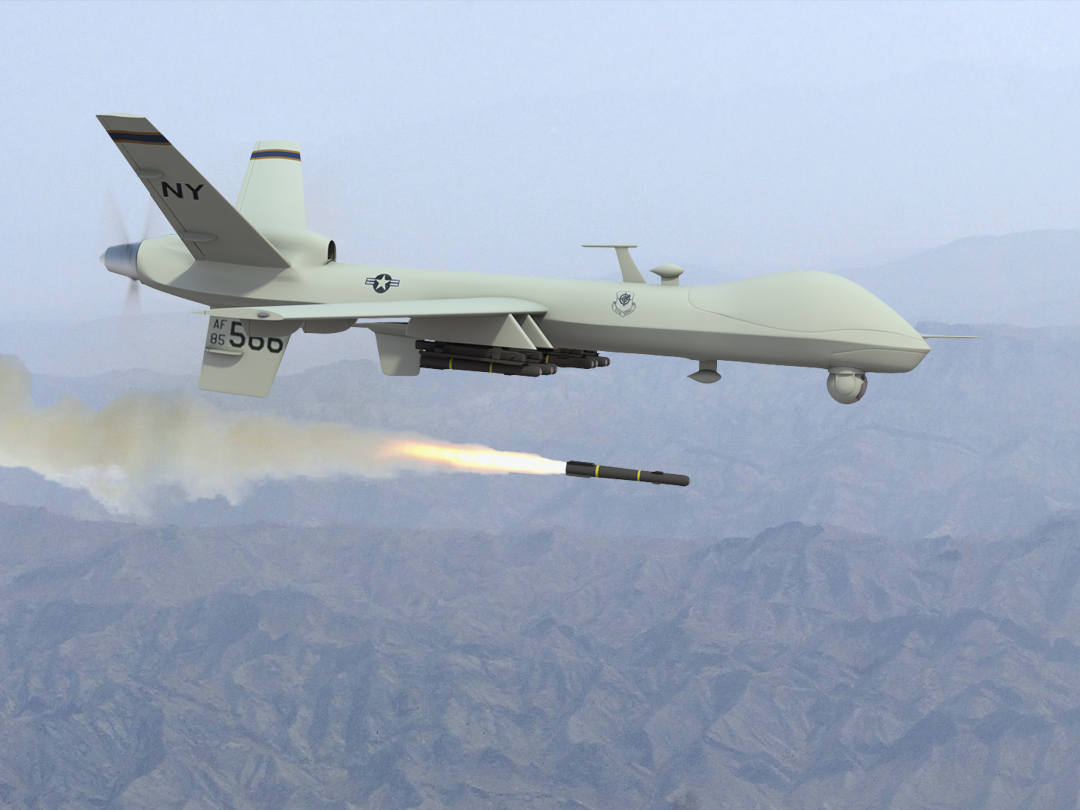(NationalSecurity.news) Coalition forces are making strides against the Islamic State group (ISIL) on its home turf, but must step up efforts to defeat the increasingly expeditionary group, Defense Secretary Ashton Carter told reporters this week.
“We are gathering momentum in Iraq and Syria,” Carter said in response to a question from AMI Newswire about ISIL countering home-turf attacks by striking out abroad. “That’s necessary. But as your question indicates, it’s not sufficient.”
Carter made the comments during a meeting with a handful of media representatives Wednesday at Central Command headquarters at MacDill Air Force Base, Florida. He appeared alongside Chairman of the Joint Chiefs of Staff Joseph Dunford, Central Command chief Gen. Joseph Votel and Special Operations Command chief Gen. Raymond Thomas.
The meeting was held following change-of-command ceremonies at MacDill, where Votel and Thomas took charge of their new positions.
“I fully expect that we will be successful in Iraq and Syria at defeating ISIL,” Carter said. “But they are metastasizing around the world.”
ISIL aims to direct or inspire its followers to hit targets far from home, he added. “Europe has seen that already. Obviously, we are concerned about that … we do have to combat ISIL elsewhere.”
Carter said the coalition must fight the adversary on multiple fronts, Carter said. “All of those need to be waged in parallel.
More:
- Pentagon estimate of ISIS fighters indicates airstrikes under Obama have accomplished almost nothing
- ISIS has made – and has used – chemical weapons: CIA
- Intelligence director: ISIS is the greatest non-state threat to the U.S., allies
In other comments addressing the fight against ISIL, all four officials touched on the importance of working with partner nations — even, in some measure, with former ally-turned-adversary Russia.
Votel explained coalition and Russian military leaders have coordinated to some extent with Russia to make sure no disruptive incidents occur in the pursuit against the common enemy.
“Nothing the Russians have done in Syria has impeded our fight against ISIL,” he said. “And so our discussions have had the purpose of making sure there was no possibility of an incident between Russian forces and U.S. forces.”
The ongoing discussions are both professional and fruitful, Votel added.
Elsewhere, though, the U.S. approach toward Russia remains responsive to Russia’s own expeditionary aspirations.
“We are working with NATO now on strengthening the deterrence of Russia, Russian aggression and also so-called hybrid warfare in Europe,” Carter said.
Meanwhile, the coalition aims to build off its momentum against ISIL, Dunford said.
The effort seems to be working. On April 1, Combined Joint Task Force Operation Inherent Resolve reported a fresh spate of coalition strikes against Islamic State targets in Syria and Iraq.
The attacks included strikes against fighting positions, tunnel systems and a vehicle-born IED factory. The strikes were conducted via rocket artillery, fighter and remotely piloted aircraft.
All aircraft returned to base safely.
(c) 2016 American Media Institute.


